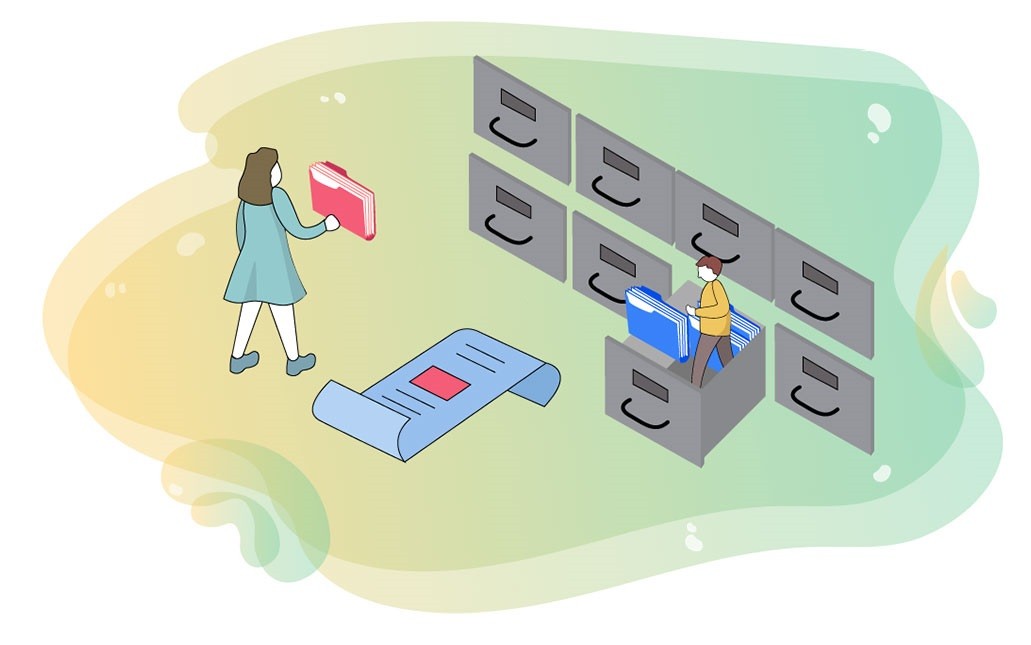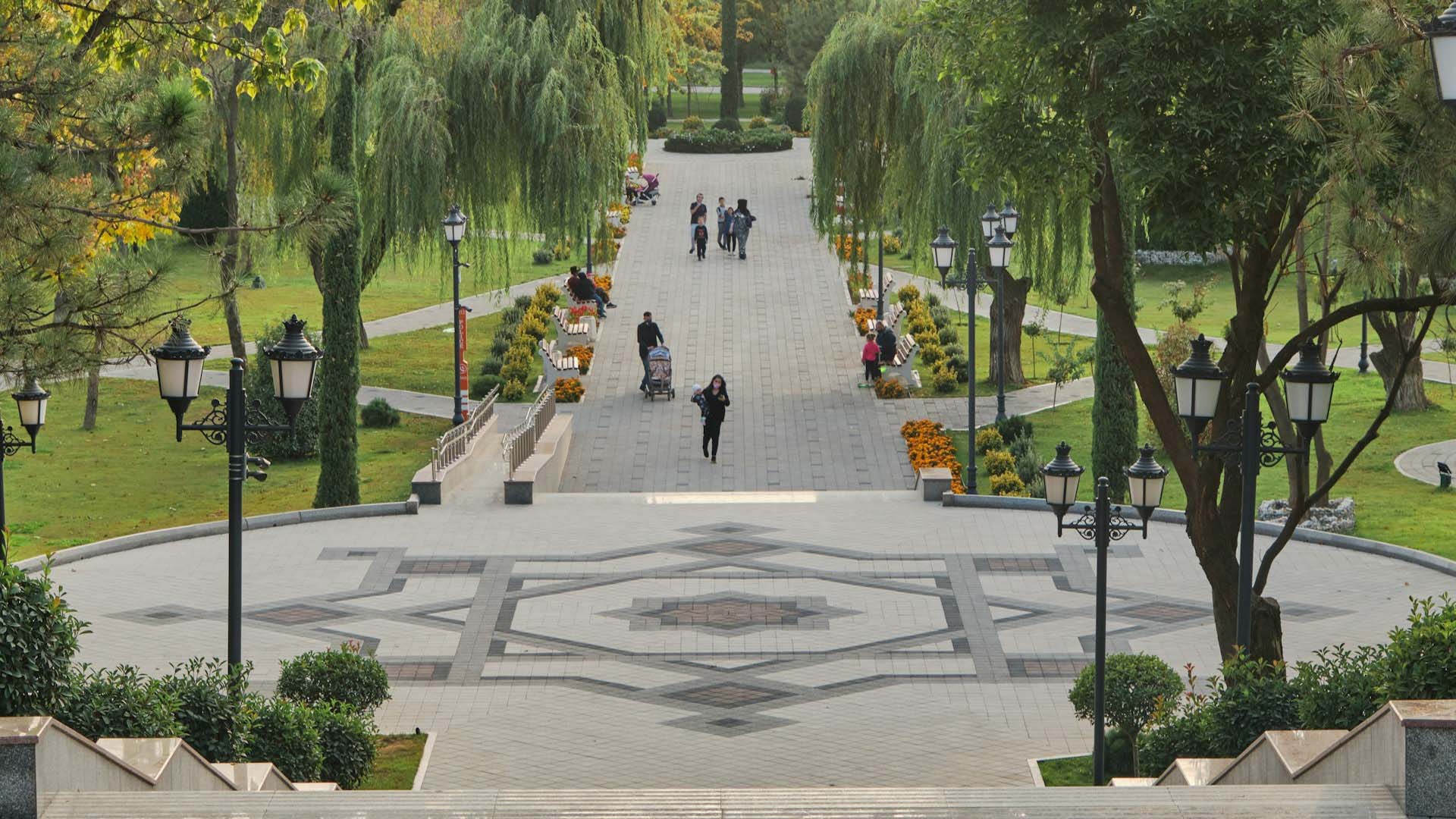Huawei has patented a solid-state battery architecture based on a sulfide electrolyte, which can radically change the parameters of electric vehicles of the future. According to published data, the new technology promises to provide a power reserve of up to 3,000 kilometers and the ability to quickly charge in five minutes.
Huawei's patent documentation indicates the energy density of a solid-state battery in the range of 400-500 Wh / kg. This value is two to three times higher than the performance of modern lithium-ion batteries used in mass-produced electric vehicles. The company's engineers paid attention to the key problem of solid-state batteries-the stability of the lithium interface. To solve this problem, it is proposed to dope the sulfide electrolyte with nitrogen. This method makes it possible to minimize side reactions occurring at the lithium-solid electrolyte interface, which until now has remained a serious obstacle to the commercialization of such technologies.
The development is aimed at improving safety, reducing the risk of ignition, and extending battery life by slowing down degradation processes. Huawei, although not a power battery manufacturer, is actively developing its expertise in materials science and electrochemistry. Earlier in 2025, the company registered a separate patent for a method for synthesizing sulfide electrolytes-components that are characterized by high ionic conductivity, but still remain expensive: their cost may exceed the price of gold.
The project reflects the overall strategy of Chinese technology and automotive companies to reduce their dependence on leading battery manufacturers such as CATL and BYD. China's electric car sector is looking for ways to integrate vertically to control the production of key components that can account for more than half of the cost of an electric car. For example, companies like Xiaomi and Nio are also showing interest in developing their own battery technologies.
Global competition in the field of solid-state batteries has noticeably intensified. In 2023, Toyota showed off a prototype of its solid-state battery with a power reserve of up to 1,200 km and a claimed charging time of 10 minutes. The Japanese automaker plans to commercialize the technology over the next five years. China remains the leader in the number of patent applications in this area: over 7,600 applications are filed annually, accounting for about 37% of global activity.
Major battery manufacturer CATL has announced plans to launch a pilot production of hybrid solid-state batteries by 2027. Against the background of these initiatives, Huawei's project is becoming a prominent element of the race to create a new generation of batteries that can set new standards for the electric vehicle market.











